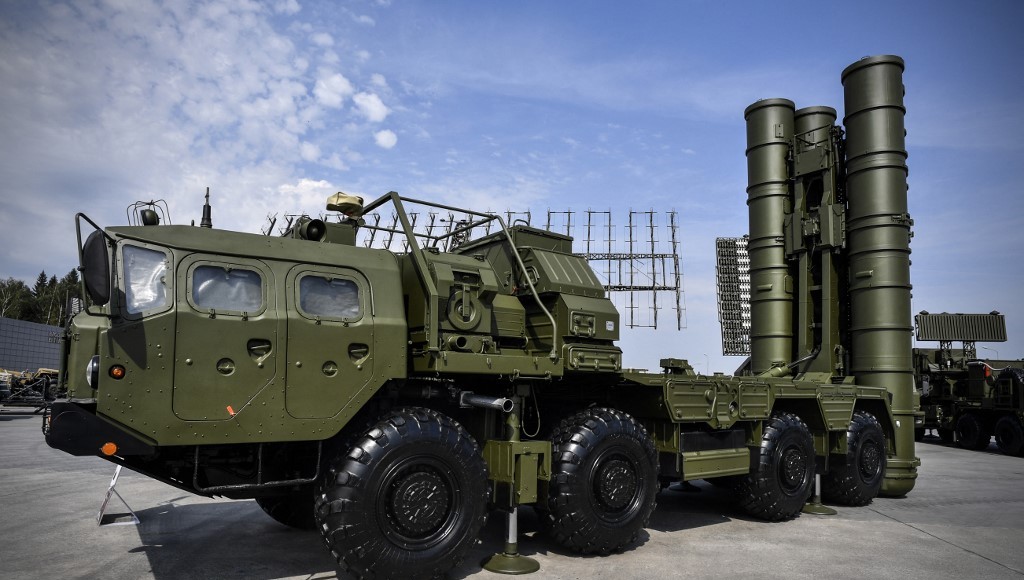The State Department has announced that the US will implement sanctions on a key Turkish institution and four of its top officials for “a significant transaction with the Government of the Russian Federation.”
According to the State Department notice, Turkey’s Presidency of Defense Industries (SSB), along with its chief and three other senior officials working within it, will be sanctioned by the US under its Countering America’s Adversaries Through Sanctions Act (CAATSA) on April 7.
The SBB is a civil institution established by the Turkish government that manages the country’s defense industry and supply of military technology.
“The Secretary of State has … selected certain sanctions to be imposed upon SSB and Ismail Demir, SSB’s president; Faruk Yigit, SSB’s vice president; Serhat Gencoglu, SSB’s Head of the Department of Air Defense and Space; and Mustafa Alper Deniz, Program Manager for SSB’s Regional Air Defense Systems Directorate, pursuant to CAATSA,” the State Department said in a notice to be published in the Federal Register on April 7, 2021.
The sanctions Washington imposed on NATO ally Turkey on Dec. 14 include a ban on all US export licenses and authorizations to the country’s SSB as well as asset freezes and visa restrictions against four SSB officials as punishment for Ankara’s purchase of the Russian-made missile defense system.
The SSB “has knowingly, on or after August 2, 2017, engaged in a significant transaction with a person that is part of, or operates for or on behalf of, the defense or intelligence sectors of the Government of the Russian Federation,” the notice said, referring to Turkey’s acquisition of the Russian S-400 air defense system.
Turkey’s purchase of the S-400s in 2017 triggered the sanctions for violating CAATSA. Along with Ankara’s other NATO partners, Washington argues that the S-400s pose a threat to its F-35 fighter jets and NATO’s broader defense systems. Turkey, however, rejects this and says the S-400s will not be integrated into NATO.
The White House removed Turkey from the F-35 joint strike fighter program in 2019 over concerns that Ankara’s decision to enter a missile defense relationship with Moscow would compromise the security of the program’s sensitive cutting-edge technology.


